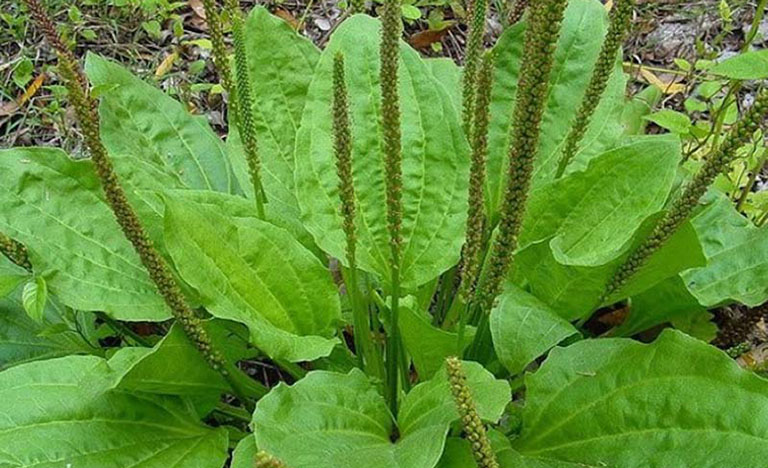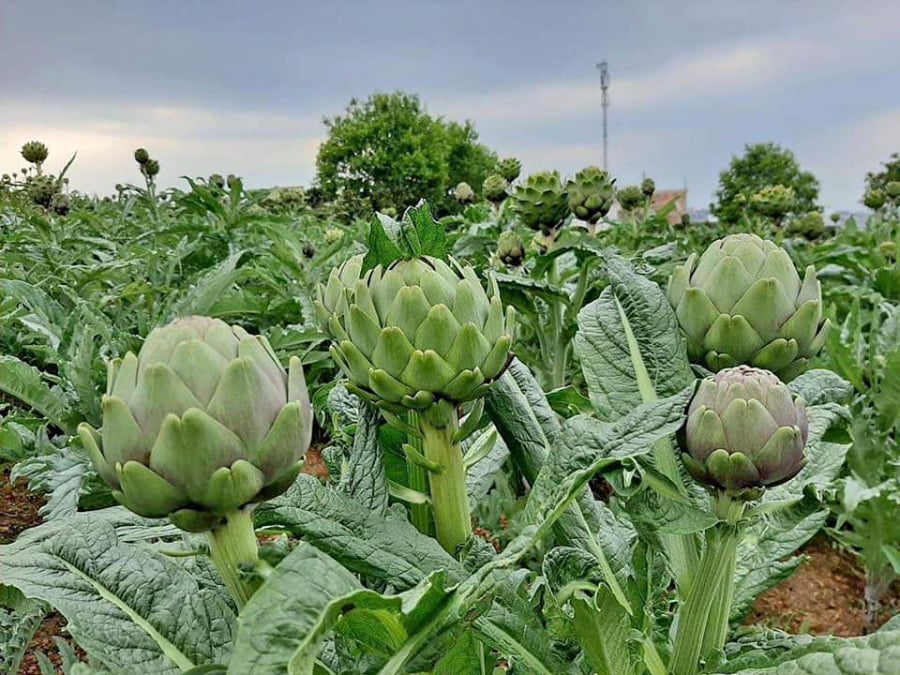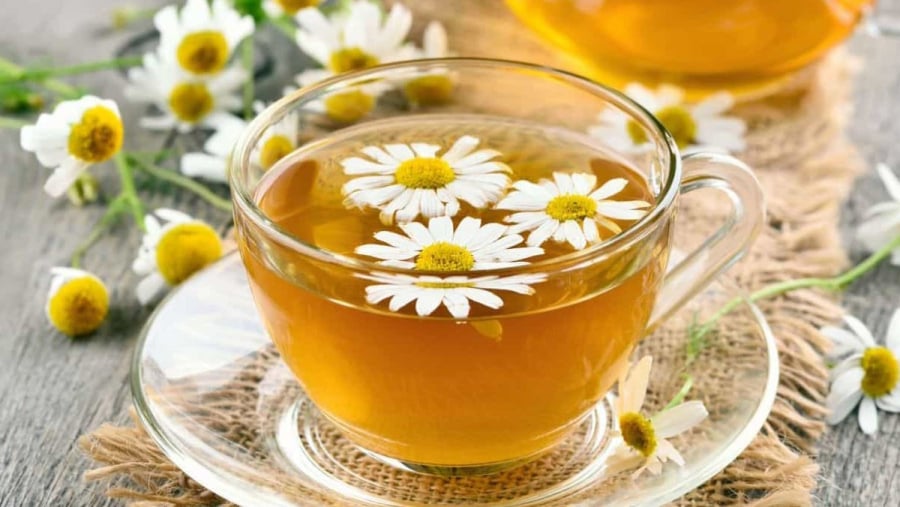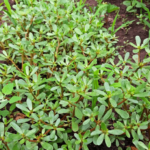Herbal remedies for a healthy liver detoxification are affordable and easily accessible. If you’re unsure how to use them, consult traditional medicine experts for guidance.
Here is a list of some effective herbal remedies for liver detoxification:
1. Purslane
Purslane, a common weed, is surprisingly a potent herbal remedy for liver detoxification.
To support liver function, extract the juice from purslane leaves. It has cooling properties, anti-inflammatory effects, and effectively lowers cholesterol.
Additionally, this herb aids in digestive health, providing relief from abdominal pain, bloating, flatulence, and indigestion.
2. Plantain
Plantain is considered a “miracle herb” due to its ability to rapidly draw out toxins from the body. It has a sweet taste, cold nature, and a delightful flavor that is easily absorbed.
Notably, the aucubin in plantain helps clear heat and relieves stagnation in the liver and kidneys.
To prepare, simply wash and chop the plantain, then cook it into a soup with minced pork and seasonings.
For optimal results, consume this soup at least three times a week for two to three weeks. Alternatively, you can dry plantain leaves and brew them as a tea to drink daily.

3. Mulukhiyah
Mulukhiyah, with its cooling nature and sweet taste, is widely used for body detoxification, particularly for conditions related to heart and kidney heat, as well as liver disorders and jaundice.
However, the preparation method for this herb is relatively more complex compared to others. It requires cleaning, drying, and grinding into a fine powder to be consumed with rice during meals for noticeable effects.
4. Artichoke Flower
Artichoke flower, or artichoke tea, has long been recognized for its ability to stimulate the detoxification process in the liver and gallbladder, providing a cooling effect.
Research has revealed the presence of taraxasterol and faradiol in artichoke flowers. These active compounds possess anti-inflammatory properties, protect the liver, promote bile secretion, and significantly reduce the risk of liver and gallbladder inflammation.
In addition to brewing artichoke tea, you can also cook the flower buds into a soup, a method particularly recommended by specialists for individuals with high cholesterol levels.

5. Chrysanthemum Flower
Chrysanthemum flower, or chrysanthemum tea, is a delicious and trusted herbal remedy for liver detoxification.
Not only does it possess sedative and insomnia-relieving properties, but its cooling nature also helps clear heat and detoxify the body.
Currently, the most popular method for liver detoxification is to combine chrysanthemum flowers with honeysuckle flowers and licorice root.

6. Centella Asiatica
Centella Asiatica, commonly found in hilly and paddy fields, is often used by Eastern medicine practitioners to increase bile secretion, detoxify the liver, and provide anti-inflammatory and antibacterial effects.
Even for healthy individuals, drinking Centella Asiatica tea regularly is beneficial as it boosts immunity, promotes diuresis, and restores overall health.
Prior to using this herb, it is advisable to consult traditional medicine experts to ensure safe consumption.
With consistent use, you will notice significant improvements in liver function, increased appetite, enhanced mental clarity, and stabilized blood pressure.
5 Wild Weeds That Pack a Nutritional Punch
Introducing the wild and wonderful world of foraged vegetables: a treasure trove of nutritional delights that are often overlooked. These wild-growing veggies are not only packed with essential vitamins and minerals but also offer a unique and delicious twist to your everyday meals. Get ready to embark on a culinary adventure as we uncover the hidden gems of the vegetable kingdom!
Pineapple in Season: A Tasty Treat with Cancer-Fighting Powers – But Who Should Avoid It?
With a bountiful supply of vitamin C, minerals, and amino acids, pineapples boast an impressive nutritional profile. This tropical fruit is not just a tasty treat but also a powerful ally in boosting immunity, reducing inflammation, and, notably, aiding in cancer prevention. However, despite its myriad benefits, this fruit is not for everyone, and caution should be exercised when consuming it regularly.














